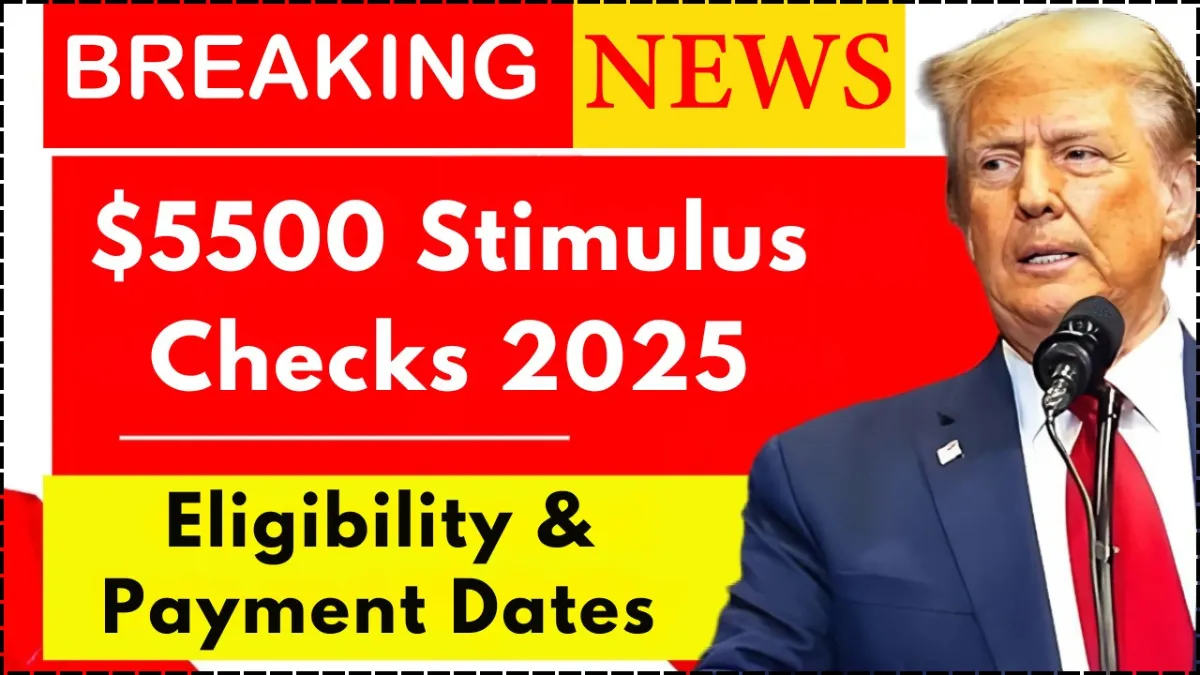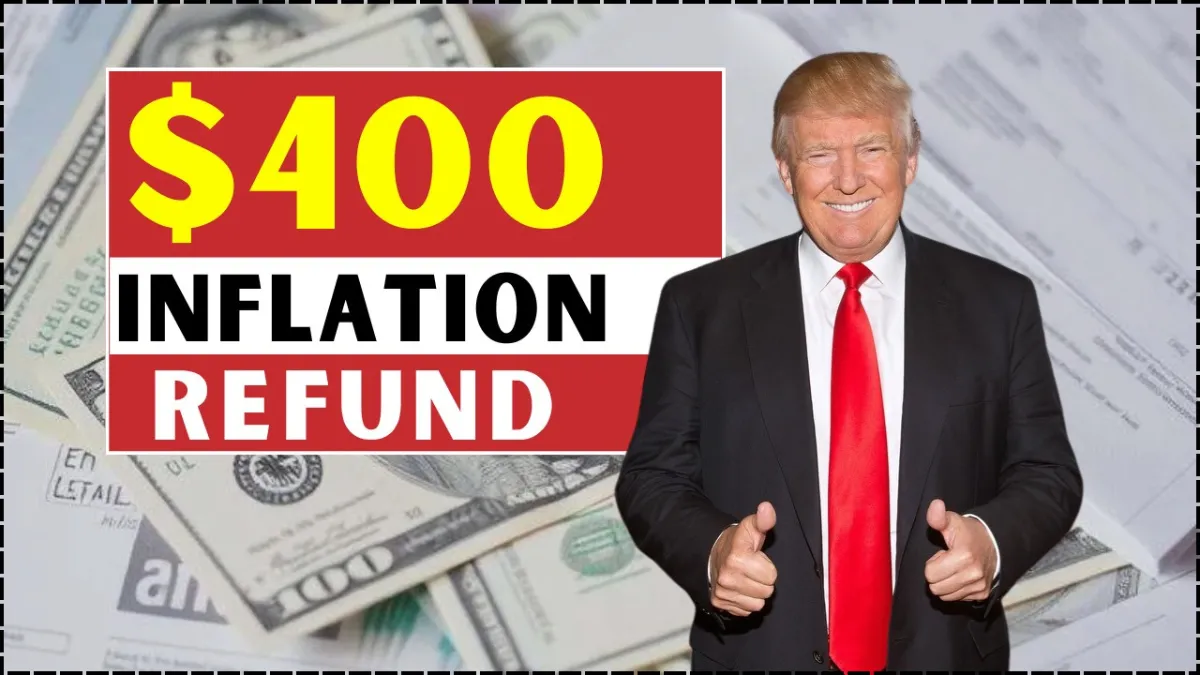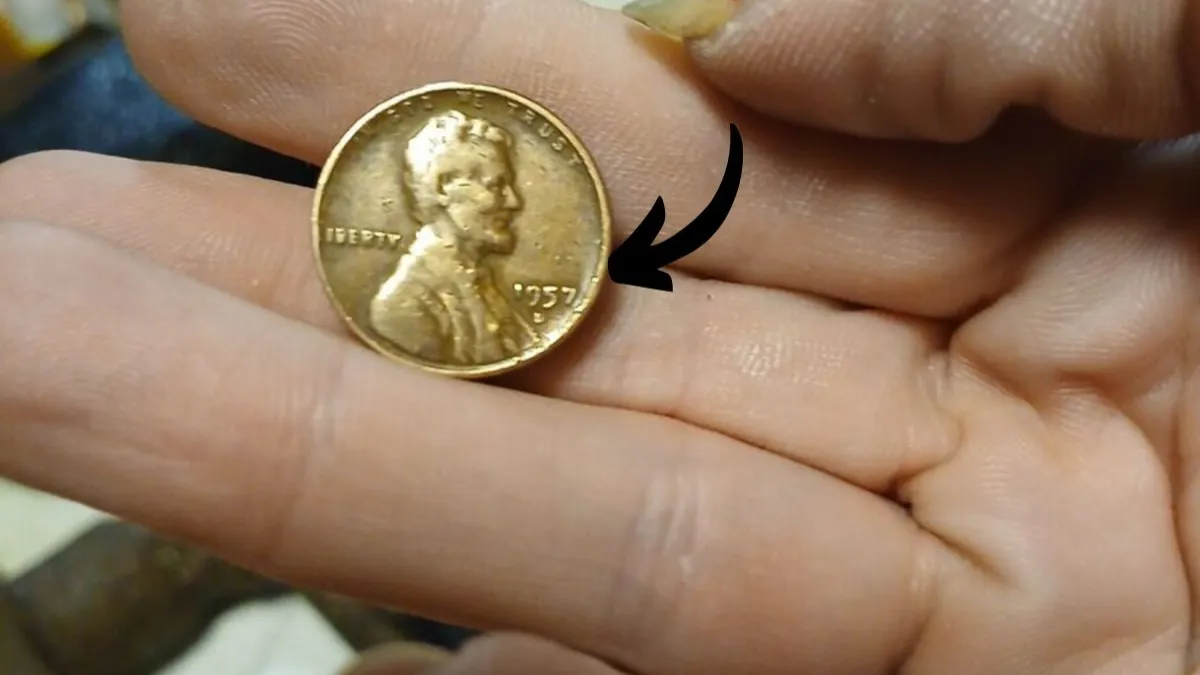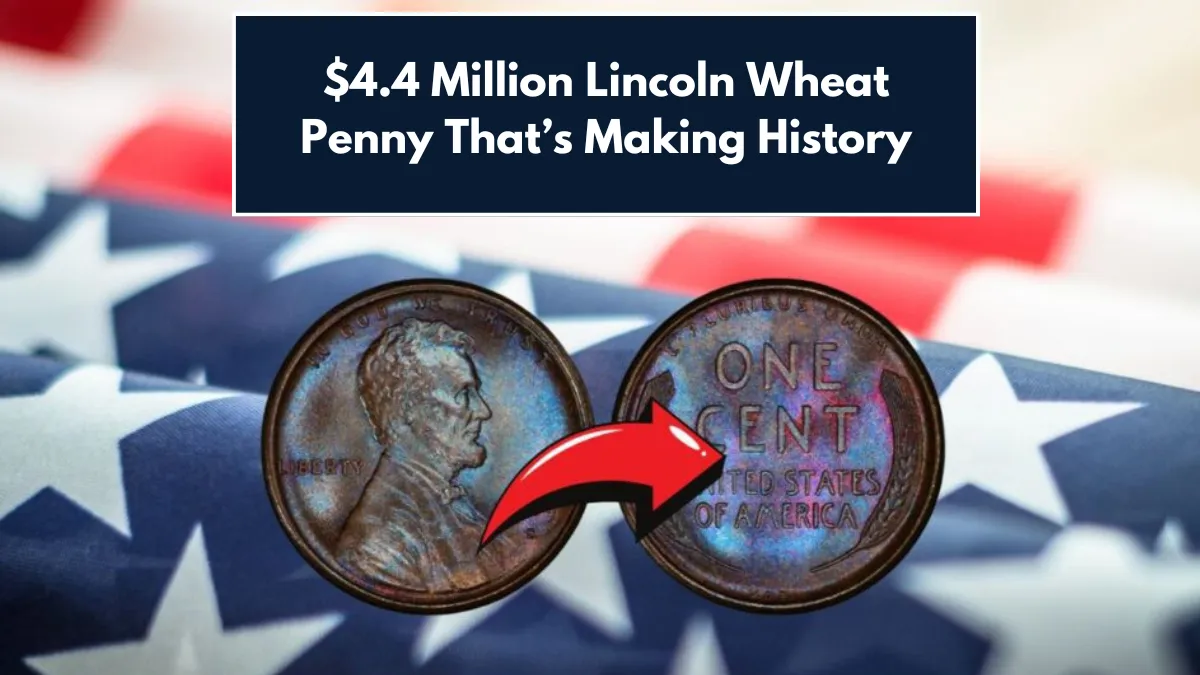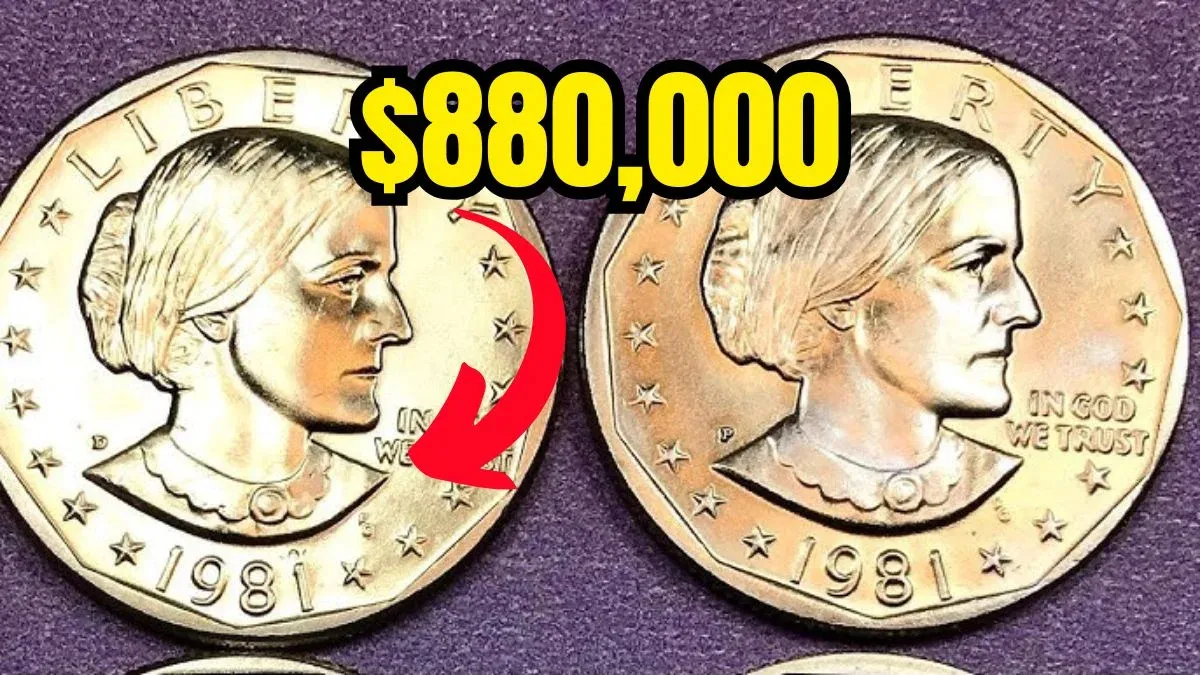A new plan from the federal government is making news across the country. Americans may get up to $5,500 in stimulus payments in 2025.
This time, it’s not about emergency help like during the pandemic. Instead, the plan is linked to how much money the government can save. Though it’s still just a proposal, this idea marks a big change in how federal aid could be given out in the future.
What Are the $5,500 Stimulus Checks?
This possible payment of up to $5,500 is part of what’s being called a Government Efficiency Initiative. The purpose is to cut wasteful government spending and give back some of the saved money to U.S. citizens.
This time, the checks wouldn’t be sent because of a national emergency. Instead, 20% of the money saved—estimated at $400 billion—would be handed out to eligible Americans as a reward for the government’s improved efficiency.
Key Details of the Proposal
Here’s what we know so far about this potential stimulus:
| Topic | Details |
|---|---|
| Payment Amount | Up to $5,500 |
| Status | Still a proposal as of mid-2025 |
| Agency in Charge | Department of Government Efficiency (DOGE) |
| Total Savings Goal | $2 trillion in reduced federal spending |
| Portion for Stimulus | 20% of savings redirected to citizens |
| Target Group | Legal residents, paid taxes in 2021, proof of hardship |
| Ineligible Group | Undocumented individuals |
| Expected Payment Start | Late 2025 (if approved) |
| Official Website | Irs.gov |
Meet DOGE – The Department Behind It
The newly formed Department of Government Efficiency (DOGE) is leading this plan. Their mission is to reduce federal expenses by about $2 trillion.
By using better spending practices and smarter budgeting, they hope to create savings. Some of that saved money would then go directly to people who qualify. The goal is not just to hand out money but to change how the government uses its funds for the long term.
Who Might Qualify for the Stimulus?
While the final rules haven’t been announced, the proposal lists some early eligibility guidelines. To qualify, a person would need to:
- Be a U.S. citizen or legal resident with a valid Social Security number
- Have paid federal taxes in 2021—even if no refund or return was filed
- Be able to show financial hardship with real documents
- Meet income limits based on their state and household size
This plan would not allow undocumented immigrants to get the payment, even if they’ve paid taxes. The goal is to help lower and middle-income Americans who may not have received earlier stimulus checks but have still contributed by paying taxes.
Timeline and What Happens Next
As of mid-2025, this new stimulus plan has not yet been approved by lawmakers. It is still being discussed and reviewed. If it does get the green light later this year, payments could start going out before the end of 2025. But before that happens, agencies must create a system to check who qualifies, prevent fraud, and make sure everything runs smoothly.
While waiting, people are advised to get their paperwork ready. This includes 2021 tax records, proof of address, Social Security documents, and any papers showing financial difficulties. That way, if the program opens for applications, everything is ready to go.
How the Stimulus Could Help the Economy
If this program goes forward, it could give the economy a major push. The $5,500 checks would likely be spent on important things like:
- Paying rent or mortgages
- Covering medical expenses
- Affording childcare
- Investing in education or skill training
That kind of spending could help small businesses, lift consumer confidence, and give families a bit of financial breathing room. Plus, if the program works well, it might help people feel better about how the government handles tax money.
FAQs About the $5,500 Stimulus
Q1. Is the $5,500 stimulus confirmed?
A: No, it is still just a proposal. It has not been officially approved yet.
Q2. Who would be eligible to get the money?
A: U.S. citizens or legal residents who paid taxes in 2021 and can show they’re facing financial hardship.
Q3. When would the payments go out?
A: If the plan is approved, the checks could start arriving in late 2025.
Q4. Will undocumented people be able to receive the stimulus?
A: No, the proposal does not include undocumented individuals, no matter their tax history.
Robin is a skilled finance content writer with a knack for turning complex financial concepts into clear, engaging content. With a strong background in personal finance, investing, and market trends, Robin creates insightful articles, blogs, and guides that empower readers to make informed money decisions.
